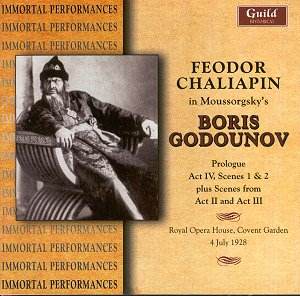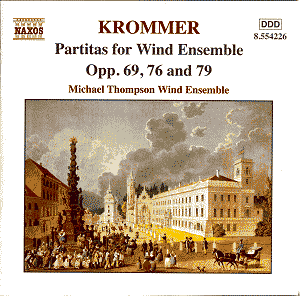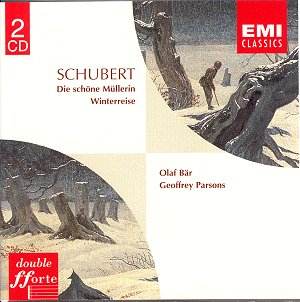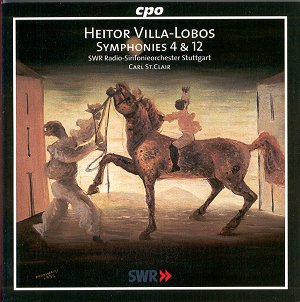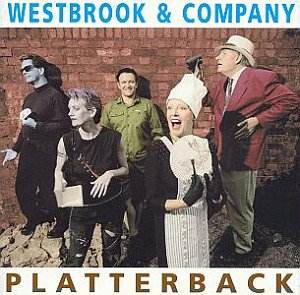 Composer: Mike Westbrook
Composer: Mike Westbrook
Works: Platterback (1998)
Performers: Kate Westbrook (vocals), John Winfield (vocals), Karen Street (accordion, vocals), Stanley Adler (cello, vocals), Mike Westbrook (piano, tuba, vocals)
Recording: Recorded at Livingstone Studios, December 1998
Label: Voiceprint Group: Jazzprint JPVP117CD
Mike Westbrook, a luminary in the British jazz scene and a polymath of musical styles, presents an intriguing synthesis of genres in his work Platterback. This 1998 composition, buoyed by a libretto from his wife, Kate Westbrook, unfolds as a song cycle that deftly navigates the realms of jazz, classical, and theatrical music. The piece emerges against a backdrop of Westbrook’s extensive oeuvre, which includes big band compositions, chamber works, and soundtracks, revealing his penchant for narrative-driven music that transcends conventional boundaries.
The performance in Platterback is marked by a compelling interplay between the voice and instrumental ensemble, reflecting a keen understanding of character and context. Kate Westbrook’s portrayal of the Cook is a standout, exhibiting an impressive vocal range that oscillates between charm and robust expressiveness. Her ability to convey the character’s ruggedness, juxtaposed with the more delicate nature of John Winfield’s Conscript, is pivotal in capturing the emotional landscape of the narrative. The vocal lines are intricately woven, with moments of stark contrast that enhance the storytelling. For instance, in “Tragedy of a City,” the stark interplay between the “masculine” Cook and the “feminine” Conscript creates a disconcerting but effective drama that underscores the tension of their respective journeys.
Westbrook’s instrumental scoring is innovative, utilizing an ensemble of piano, accordion, cello, and tuba, which is both unique and effective. The accordion, expertly played by Karen Street, defies the instrument’s often-maligned reputation, showcasing its versatility from lyrical passages to rhythmic propulsion. Street’s contributions, particularly in “The Streams of Lovely Lucienne,” elevate the texture of the work, allowing the accordion to shine as a lead voice rather than merely a supporting one. The tuba, played by Westbrook himself, adds an unexpected layer of humor and depth, particularly in numbers like “Boiled Beef” and “The Stiltsville Yodel,” where its playful nature engages the listener in a light-hearted yet meaningful discourse.
The recording quality is commendable, capturing the intricate details of the performance with clarity and warmth. Each instrument is well balanced within the mix, allowing for a full appreciation of the ensemble’s diverse timbres. However, the decision to employ a fade-out at the conclusion of the work is less favorable, as it undermines the otherwise imaginative approach to sound design. This choice feels like a missed opportunity to conclude the piece with a more organic resolution, instead ceding to a conventional pop sensibility that seems out of sync with the work’s artistic intent.
Comparisons to other notable recordings in the genre reveal that while Platterback may not possess the explosive character of some of Westbrook’s more celebrated works, it offers a distinctive musical experience that is both engaging and thought-provoking. The blend of humor, pathos, and social commentary within the narrative echoes the tradition of theatrical music, yet Westbrook’s execution remains rooted in a jazz idiom that sets it apart from more linear classical compositions.
The journey from Stiltsville to Platterback encapsulates not just a physical transition but also a profound exploration of character and circumstance, deftly portrayed through a variety of musical styles. The work’s ability to oscillate between poignant moments and comic interludes demonstrates Westbrook’s mastery of the genre-blurring landscape, ensuring that Platterback remains a significant contribution to the contemporary canon. The accordion’s virtuosic passages, particularly, leave a lasting impression that invites further exploration of this underappreciated instrument within a modern context. The depth of character and innovation present in Platterback affirm Mike Westbrook’s place as a vital voice in the cross-genre dialogue of contemporary music.
